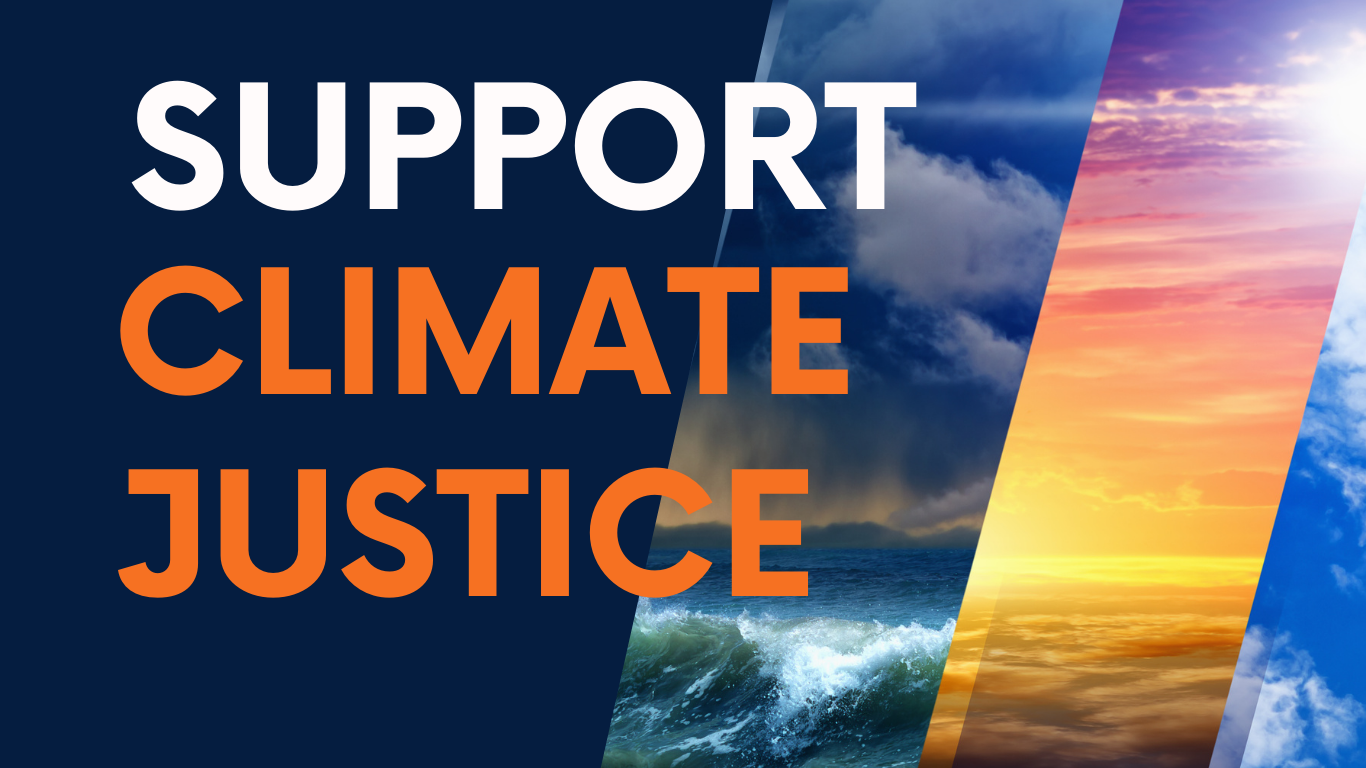As we commemorate World Environment Day, the United Nations Environmental Programme (UNEP) warns that by 2050, the amount of plastic in the ocean could surpass the quantity of fish. This year’s theme, “Finding Solutions to Plastic Pollution,” highlights the pressing need to tackle this issue. Plastic pollution is not only a major contributor to greenhouse gas (GHG) emissions, but it also poses significant threats to our health, ecosystems, and climate change.
The World Wildlife Fund explains that nearly all plastic is derived from fossil fuels, primarily oil and gas. The extraction, transportation, and manufacturing processes associated with these fuels generate billions of tonnes of greenhouse gases. For instance, 4% of the world’s annual petroleum production is dedicated to plastic manufacturing, while another 4% is burned during refining. This interconnection between plastic waste and climate change emphasizes the urgency of addressing our society’s “addiction to plastic,” as aptly described by UN Secretary-General Antonio Guterres.
The scale of plastic pollution becomes evident when we consider that every day, the equivalent of more than 2,000 garbage trucks filled with plastic is dumped into our oceans, rivers, and lakes, as highlighted by UN Secretary-General Guterres on Twitter.
How did we reach this critical point?
Data from the UNEP reveals that from the 1950s to the 1970s, plastic production remained relatively manageable. However, between 1970 and 1990, plastic waste more than tripled, signaling a dramatic increase in production. In the 2000s, plastic production escalated at an alarming rate, surpassing the cumulative increase of the previous four decades. Today, we generate four million tonnes of plastic waste each year.

The widespread use of single-use plastics, particularly in packaging, has been a significant driver of this exponential growth. Packaging alone accounts for approximately 36% of all plastic production. Shockingly, around 85% of single-use plastics end up in landfills or as unregulated waste.
Seeking effective solutions
The extent of the problem is visible in our oceans, where plastic has broken down into tiny particles, forming what is commonly known as “plastic soup.” This microplastic pollution poses a severe threat to marine life as it is ingested by fish and cannot be digested.
In Belize, the government took a positive step towards combatting plastic pollution by implementing a ban on single-use plastics on March 31st, 2022, following a phase-out period. However, challenges remain due to inadequate enforcement by authorities, leading to a lack of compliance within the business community.
According to the Department of the Environment in Belize, each citizen consumes an average of 11 plastic bags and three pieces of Styrofoam per week. Shockingly, a 2017 assessment commissioned by the department revealed that Belize imported over 200 million single-use plastic bags, 52 million pieces of Styrofoam and plastic food containers annually. Additionally, an estimated 35 million single-use plastic bags and 5 million pieces of Styrofoam were produced locally.
While government actions, such as bans, are essential, industries and stakeholders in Belize must also take responsibility for reducing plastic use. The UNEP recommends eliminating unnecessary or problematic plastic packaging, redesigning production processes for enhanced sustainability, and innovating business models to promote reusable plastic products. Furthermore, providing transparent sustainability information to consumers and increasing the use of recycled content in new products can help circulate plastic within the economy.
Individual actions are also crucial in fostering a cultural shift to address plastic pollution. Communities can actively participate by cleaning beaches and rivers to reduce plastic waste. Making sustainable choices, such as opting for products without plastic packaging and using reusable alternatives, can significantly contribute to environmental preservation. Above all, becoming an advocate for environmental protection and raising awareness about the issue of plastic pollution by setting an example and urging elected officials and community leaders to take action is the most impactful step any individual can take.
UN Deputy Secretary-General Amina Mohammed emphasized today, “Producers and consumers must transition away from plastic before it jeopardizes the health of our planet and our own well-being. We need solutions that lead to sustainable behavior change, supported by robust policies and leadership at all levels.”
On this World Environment Day, let us unite to find innovative solutions, promote responsible consumption, and work towards a future where plastic pollution no longer threatens our planet’s health and biodiversity.
#BeatPlasticPollution







